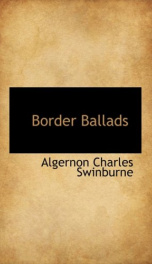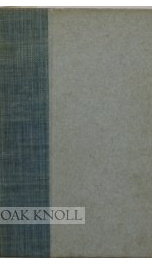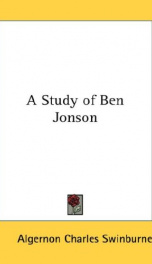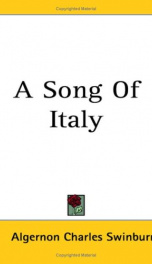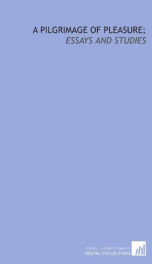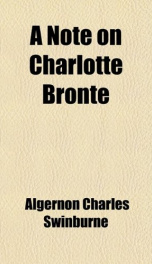A Study of Shakespeare
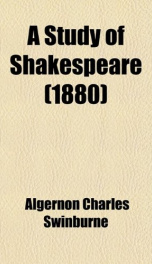
Purchase of this book includes free trial access to www.million-books.com where you can read more than a million books for free. This is an OCR edition with typos. Excerpt from book: III. The entrance to the third period of Shakespeare is like the entrance to that lost and lesser Paradise of old, With dreadful faces thronged, and fiery arms. Lear, Othello, Macbeth, Coriolanus, Antony, Timon, these are names indeed of something more than tragic purport. Only in the sunnier distance beyond, where the sunset 'of Shakespeare's imagination seems to melt or flow back into the sunrise, do we discern Prospero beside Miranda, Florizel by Perdita, Palamon with Arcite, the same knightly and kindly Duke Theseus as of old ; and above them all, and all others of his divine and human children, the crowning and final and ineffable figure of Imogen. Of all Shakespeare's plays, King Lear is unquestionably that in which he has come nearest to the height and to the likeness of the one tragic poet on any side greater than himself whom theworld in all its ages has ever seen born of time. It is by far the most Eschylean of his works ; the most elemental and primaeval, the most oceanic and Titanic in conception. He deals here with no subtleties as in Hamlet, with no conventions as in Ot/iello: there is no question of " a divided duty " or a problem half insoluble, a matter of country and connection, of family or of race; we look upward and downward, and in vain, into the deepest things of nature, into the highest things of providence; to the roots of life, and to the stars ; from the roots that no God waters to the stars which give no man light; over a world full of death and life without resting-place or guidance. But in one main point it differs radically from the work and the spirit of Eschylus. Its fatalism is of a darker and harder nature. To Prometheus the fetters of the lord and enemy of mankind were bitter; upon Orestes the hand of heaven was laid too heavil...
Info about the book
Author:
Series:
Unknown
ISBN:
3842481322
Rating:
3/5 (5)Your rating:
0/5
Languge:
English
Users who have this book
Users who want this book
What readers are saying
What do you think? Write your own comment on this book!
write a commentif you like A Study of Shakespeare try:
Other books by this author
Do you want to read a book that interests you? It’s EASY!
Create an account and send a request for reading to other users on the Webpage of the book!


